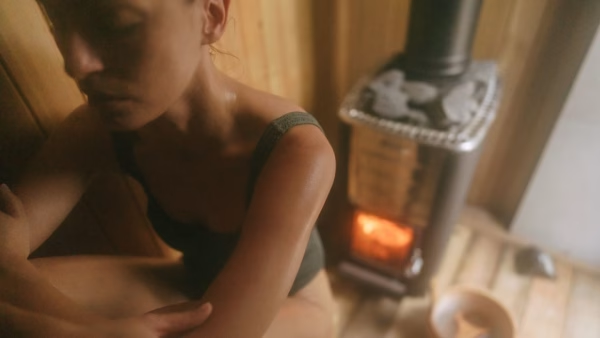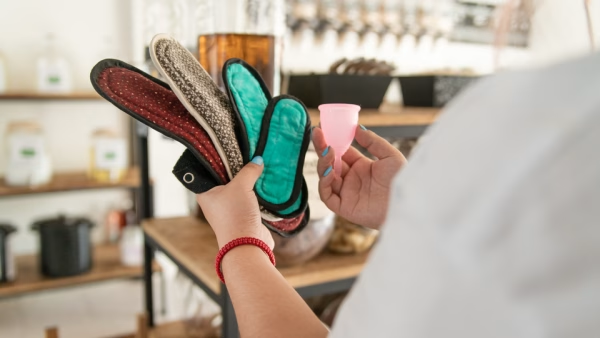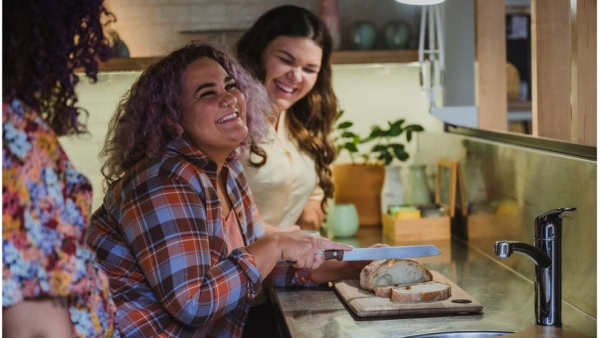An international student’s guide to preparing a resume
Follow these easy steps for a great resume in no time


If preparing a resume (let alone a resume for an unfamiliar job market) is not on your list of fun things to do with your time, rest assured; you’re not alone.
There are two bits of good news. The first is that as an international student, you will already have skills that are highly sought out in the job market.
The second is that preparing a resume is actually very simple. So follow these easy steps and you’ll have a great resume before you can say “Yes, thank you, I am available for an interview!”
Before you get started, make sure your paperwork for working in Australia is in order. Check out our article 'Before you apply for a job, here’s what you need to know' for more information.
Instead of having one resume that you send out for every job, tailor your resume for different positions - so a resume to apply for a job in an office will highlight different skills to a resume for a job in a restaurant.
Layout
Think like an employer. They’re scanning your resume with one question in mind: should I get them in for an interview?
Use a basic font like Times New Roman or Arial
Bold or underline the headings (not both)
Bullet points make for easy reading
Two or three pages is a good length
Centre your contact details
Align the rest of the content to the left
Number your pages in case some get lost when printed
If applying digitally, save as a pdf document before submitting
Personal / contact details
Include your name, address, phone number and email address. It’s better to use a professional sounding email address if you can (so it might be time to say goodbye to [email protected]).
You can include a website or links to your social media accounts if they’re relevant to your work, but generally people leave these out. You also don’t need to include your nationality, birthdate or marital status.
As an international student, it may be helpful to your employer to include your visa status and work rights upfront.
Don’t forget, you’ll need insurance in order to work legally in Australia. Fortunately, nib offers international worker’s health insurance and we can help you transition quickly and easily from your student health insurance. So take a quick coffee break, give us a call, and we’ll sort it out for you.
Career profile
Your career profile should be a short paragraph summarising your professional goals, your particular skills and what you can offer your prospective employer. Use simple language and be specific. The easier you can make it for the reader to put your resume in the ‘to interview’ pile, the better!
Skills summary
As an international student, you have skills that are sought after in any workplace and this is the time to highlight them.
Be sure to include the fact that you bring diversity and a new perspective to the workplace. If you're bilingual or have extra knowledge of particular markets and regions, definitely include that information here.
As an international student you will also have demonstrated resilience, unparalleled work ethic and the ability to be self-sufficient and focussed. Don’t forget to include any relevant overseas education or training.
Employment
Outline your employment history, beginning with your most recent job. Include the job title, name of the organisation and dates you worked there. Include any internships or placements.
List your key responsibilities and achievements in a few bullet points. For example, ‘Managed a team of three’ or ‘Oversaw menu re-branding which increased customer base by 30%’.
If you don’t have a long employment history (and as a graduate this is to be expected) you may wish to instead use the headline ‘Experience’ and include other roles in which you have demonstrated skills and responsibilities relevant to the employer.
For those who don’t have any local experience, this article on how to get a job without any work experience in Australia might be helpful.
Education and qualifications
Begin with your most recent qualifications (include qualifications you are currently working towards as well) and work backwards.
If it’s relevant, include any additional information such as your main area of study and any achievements or scholarships.
Additional information
If there’s any other information that you think might help set you apart from the other candidates, now’s the time to add it. Things like mentoring, volunteering or leadership roles in clubs or societies all help to create a favourable impression.
Referees
You can either list the name, number and position of two to three referees (always ask permission first) or state that references are available upon request. Always get someone else to proofread your resume for spelling and grammar mistakes, and to ensure you’re highlighting your assets.
nib has a range of great value health covers to suit your needs and meet you working visa requirements. To find the right cover for you, head to our international worker’s health insurance page or call 1800 775 204.
The science and benefits of sauna use
Do saunas have any actual health benefits or are they just a sweat-inducing hoax?
The best period products for your period
Every cycle is different, and the best period products for you may differ for someone else.
Your menstrual cycle – what’s healthy and what’s not?
No two menstrual cycles are the same, however, there are some general principles to keep in mind




